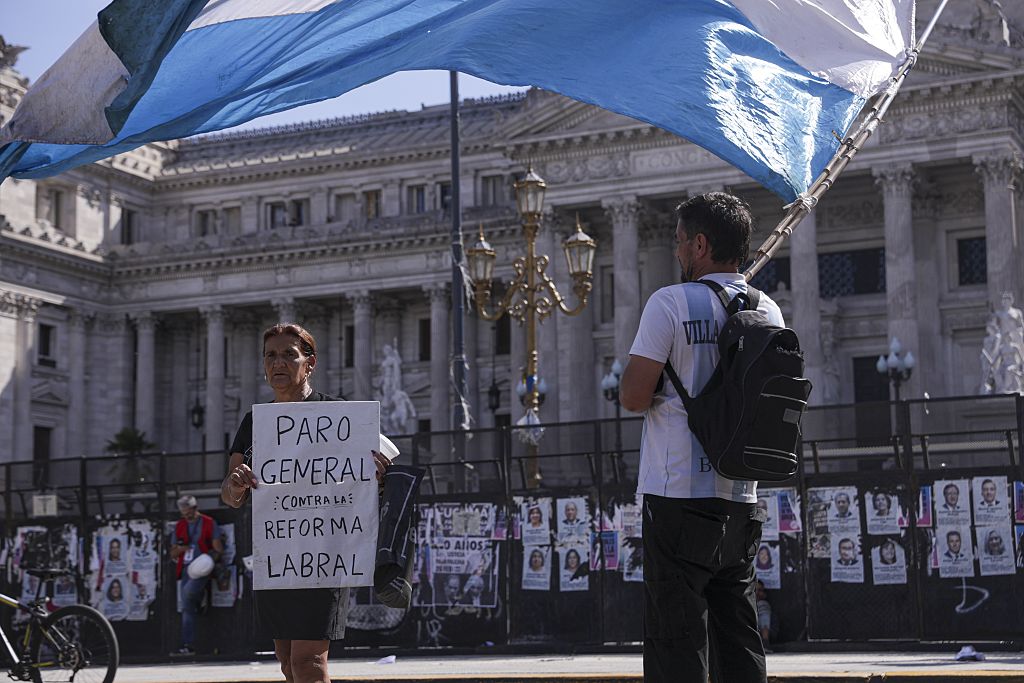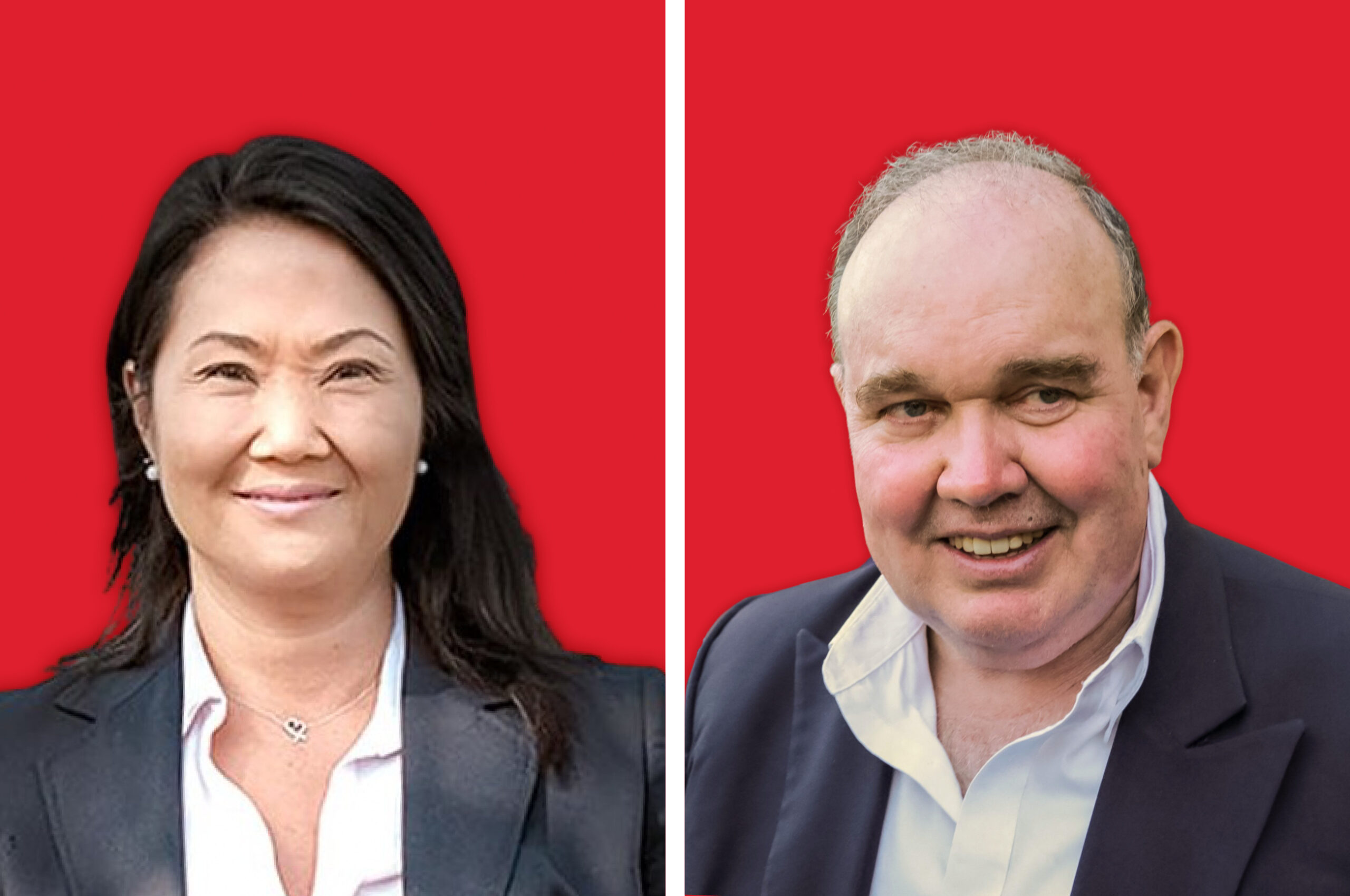A Plan of Action for Guatemala
A Plan of Action for Guatemala
"Guatemala is on the brink." writes COA's Eric Farnsworth for Poder360. "A multinational donor strategy designed to lock in policy, no matter who the next president is, would be the most promising place to begin."
Guatemala is in crisis. According to U.S. Senator Patrick Leahy (D-Vt.), drug gangs have penetrated “every facet of life.” Former U.S. Assistant Secretary of State David Johnson told the Council of the Americas in October that criminals have compromised control of the borders with Mexico, El Salvador, and Honduras, usurping one of the most basic functions of any government. Ricardo Stein, who helped broker peace in the long-running civil war, says Guatemala is now “a paradise for criminals.”
The 1996 peace accords were an opportunity to put aside the terrible history of conflict and darkness that had enveloped the Guatemalan people for generations. Under vibrant and forward-looking leadership that enjoyed the support of the people as well as the goodwill and resources of the international community, Guatemala was poised, as Central America’s largest economy, to write a new chapter focused on democratic governance, economic development, and social inclusion. Serving in the White House at the time, I was part of the delegation that traveled to Guatemala City for the signing of the peace accords. The excitement was palpable, with citizens from across the country converging for a massive celebration lasting long into the night. Even more telling was a trip the next day to a camp of demobilized guerrillas, many of them children, who looked less demoralized than disoriented, facing the reality that they would need to re-integrate into society with little more than an understanding of how to shoot a rifle or plan an ambush. Here the enormity of the task became apparent. Without a focus on education, training, and rebuilding—or in some cases creating—the institutions of democracy, Guatemala faced an uncertain future. In some ways, the accords were the beginning, rather than the end; the job of building a society was now at hand.
Yet it is clear that the promise of 1996 has been squandered. Basic institutions, including the police and the justice system, do not work well; in some cases, they have been “loaned” to the Mexican cartels. High-powered weapons from Guatemalan military stockpiles, much of it provided by the U.S., routinely finds its way to criminals. The press has become cowed and has begun to self-censor: areas where crime is increasing have actually seen a decrease in reporting on crime, according to the Center for Information Networks of Guatemala (CERIGUA), a press freedom advocacy group. Corruption is endemic. Tax evasion is pervasive, and the private sector shows little appetite for anything beyond self-enrichment. Comes now the Guatemalan presidential election in September. Instead of an urgent national discussion to forge consensus on a path forward, Guatemala City is seized by shenanigans and petty politics. It is a depressing, though not hopeless, situation, so long as the international community understands the need for a rapid effort to stabilize the patient and nurse it back to democratic health.
What can be done? First, a contact group for Guatemala should be immediately established, consisting of the U.S., Canada, Mexico, and Colombia, all with expertise in dealing with the issues that plague Guatemala. The group would work to develop, if possible in conjunction with the leading Presidential candidates and the U.N.’s International Commission Against Impunity in Guatemala (CICIG), a roadmap to be implemented after the elections, a process that must begin prior to the voting so the new president will have a mandate for change. Time is short. The outlines of a possible plan exist, drawing from success stories elsewhere. As was done in El Salvador, the police forces must be re-built from scratch, then training provided on community-based policing techniques as in Afghanistan and Iraq. Financial crimes must be taken seriously. Judges and court officials must be retrained.
As in Haiti, a temporary multinational force under U.N. auspices could be considered to root out insecurity, particularly in Guatemala’s lawless Peten region, and give a new police force space to develop. As in Colombia, Guatemalan elites should be encouraged to consider a surtax for improved administration of justice, perhaps creating a facility along with other Central American nations to pay into a regional “lock box” whose closely monitored resources could be used to promote security on both a country-specific and regional basis.
When coupled with a multi-national strategy backed by donor resources that can be both disbursed and withheld depending on existing circumstances, progress could be made. Guatemala is on the brink. A multi-national donor strategy designed to lock in policy, no matter who the next president is, would be the most promising place to begin.








